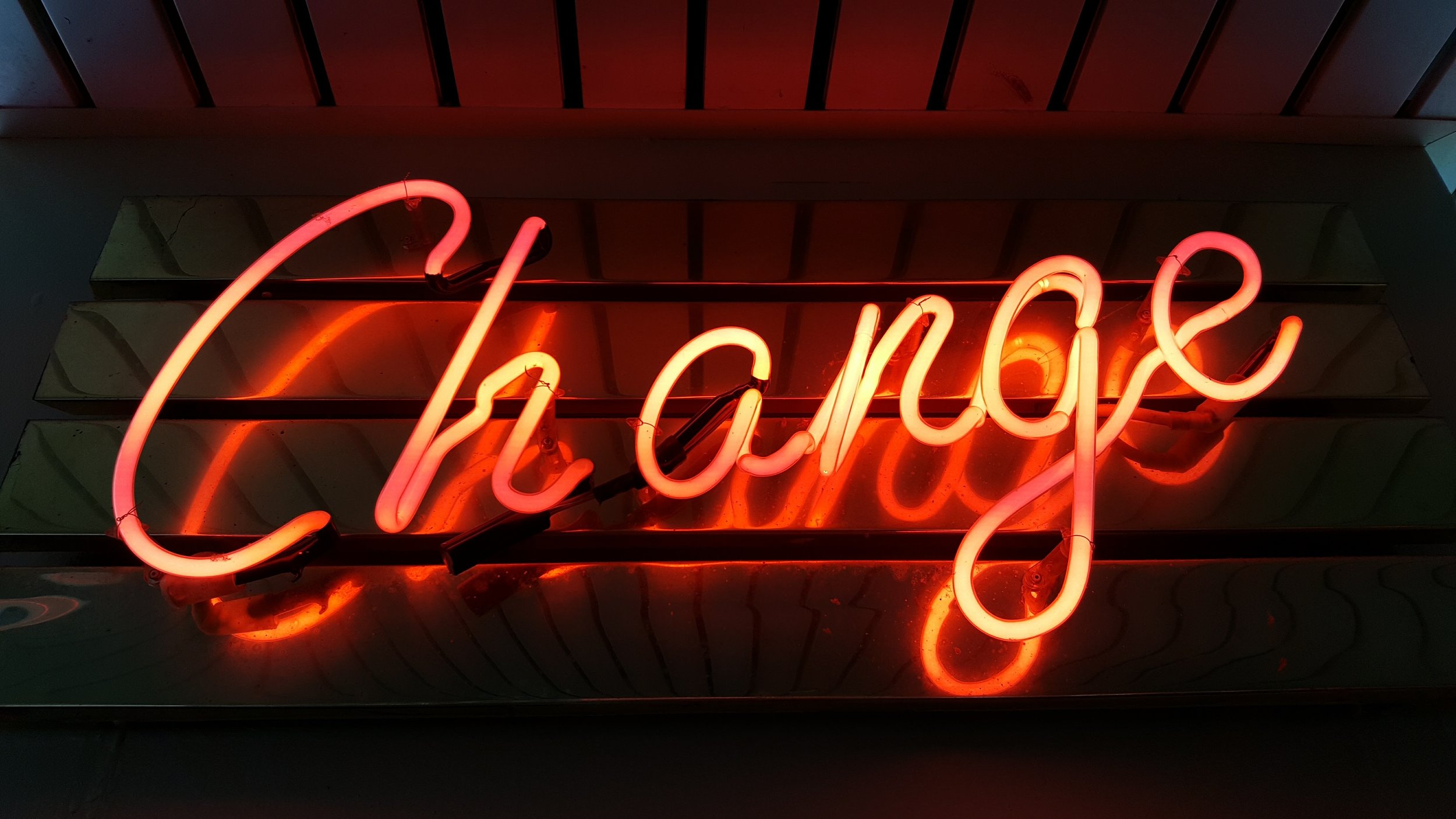Although the process of journaling can be an incredibly powerful way to incorporate positive change in your life, studies reveal that only 8% of the population currently journals. Although others around you (or you) may have journaled in the past, you may have never thought of journaling as a way to work through obstacles, let go of limiting beliefs, and to express emotions in a different way. So what is journaling and what are the benefits?
It’s important to note that your journal should not be a place where you complain. Instead, it should be a safe place, free from judgment, that allows you to view your life from a different perspective and creates awareness. When you write what you feel, you allow yourself to feel everything—the first step to finding a clear path through challenging situations, growing and developing personally, and transforming your mindset.
As Lee Wise once said, “Journaling is paying attention to the inside for the purpose of living well from the inside out.”
According to two studies conducted in 2022, time spent journaling can reduce the number of sick days we take off work, help us better understand our needs, and boost our overall well-being that includes lower blood pressure and improved lung and liver function. Additionally, journaling can reduce anxiety, regulate emotions, and decrease mental stress that includes obsessive thinking and worrying.
There are many different ways to journal. I have journaled since age eight. Over the years, the way I journal has transformed, right along with me.
These days, I journal in a way that works well for me at this time in my life. Every morning before the sun rises and before I do anything else, I head to my kitchen table where my journal awaits. I light a candle and begin my daily practice that includes an inspiring quote I find online, my intention for the day, and three things I am grateful for. Sometimes I write more; sometimes I don’t. This current practice has worked well for me for about four years, but that doesn’t mean that I won’t revise it or tweak this practice down the road. In past years, I have written pages every day in my journal, and may do that again in the future. For example, one year when I celebrated a big birthday, I documented valuable life lessons, one for every year I have lived. During another stretch of time, I created three words every morning that I wanted to describe my day ahead.
I am giving you permission today to make this practice your own. It doesn’t have to be perfect. The comforting news is that your journal is yours. This is the one place where you can be honest with yourself, give yourself unconditional love, and learn more about yourself every day. Keep it in a safe place and designate someone you trust to care for them (or confidentially dispose of them) when you depart Earth.
If you’ve never journaled before, you may struggle with how to get started. Here are a few sample journaling prompts that may help:
What is the best thing that has happened to me today?
How have I grown today?
What have I learned today?
Who have I helped today?
Who helped me today?
What is my biggest fear?
What is one step I can take today to begin alleviating that fear?
Who do I want to be tomorrow?
What do I want to learn tomorrow?
Who do I want to help tomorrow?
Note that each prompt is focused on growth, action, and self-love. This is the mindset you want to strive for when journaling.
I think Brad Wilcox said it best when describing journaling, “A personal journal is an ideal environment in which to “become.” It is a perfect place for you to think, feel, discover, expand, remember, and dream.”
I like to compare the process of journaling to soaring like an eagle over your life, viewing it from above to see things in a new way. Through consistent daily practice, journaling provides a way for you to attain serenity and become all you imagine for yourself and more.
Vicky DeCoster is a Certified Life Coach based in Omaha, Nebraska, who specializes in helping her clients both locally and nationwide to move past obstacles, create a plan for happiness, and cross the bridge of transition to find a new and fulfilling direction in life. To read more about her and her practice, visit her at crossthebridgecoaching.com.











